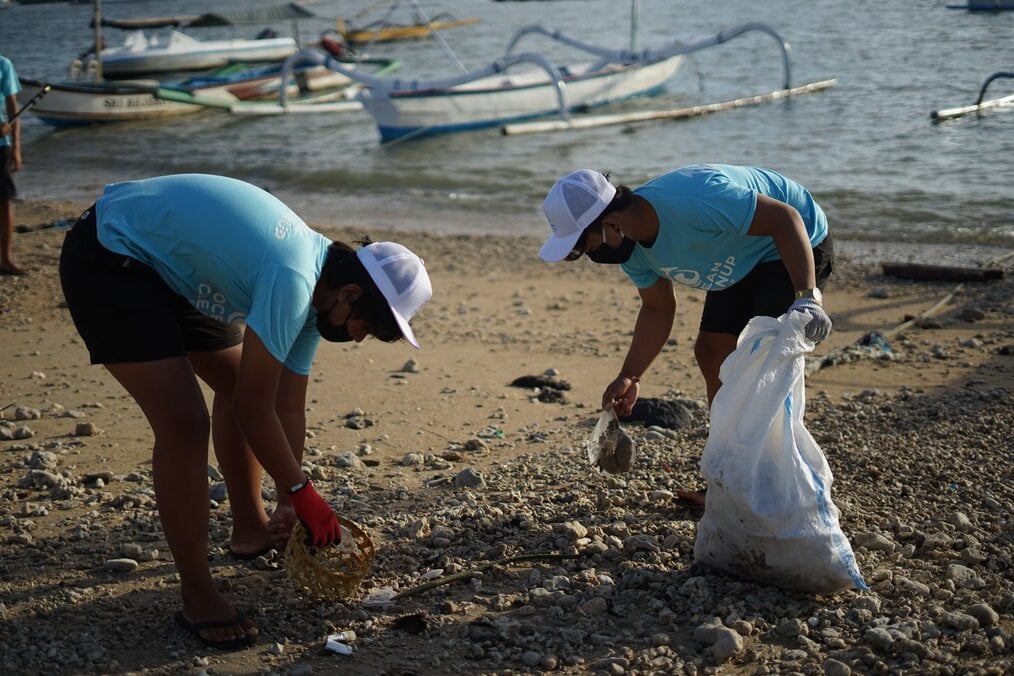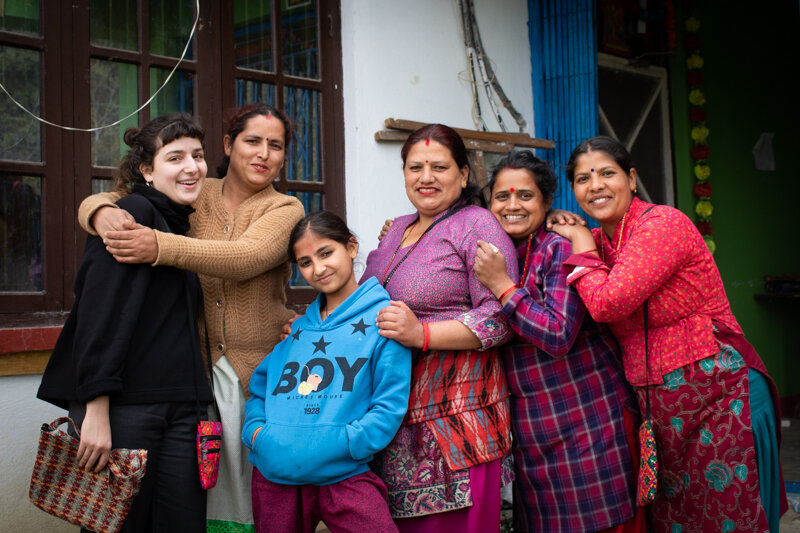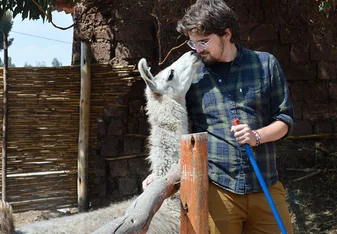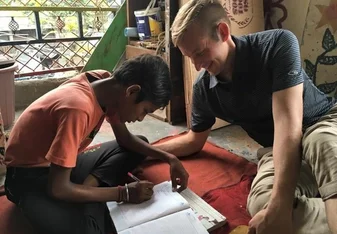Pros and Cons of Short-Term Volunteer Programs
If you're short on time but still have a strong desire to volunteer abroad, consider joining a short-term volunteer program. Learn about the pros and cons to decide if this type of volunteerism is right for you.

Rare is the person who can afford the costs and time commitments required for long-term volunteering. Spending six months learning a local language, building relationships, and working toward sustainable development goals might be ideal in terms of impact and experience, but it is probably unrealistic for the average person juggling work, studies, and/or family commitments. To accommodate the challenging schedules of passionate but busy volunteers, short term volunteer programs have become a popular option.
While many enjoy positive experiences as short-term volunteers, others have lamented the limitations of only committing a week or two. Also, the increasing popularity of short-term volunteer trips has brought about critiques of the “voluntourism” industry for bringing streams of Westerners into foreign locales for hefty fees, without always producing results for the local communities.
Weigh the pros and cons of short-term volunteer programs before you take the leap. If you decide it's right for you, be sure to follow our tips for making the most impact while abroad.
The Cons of Short-Term Volunteering
The nature of short-term volunteer programs doesn't leave a lot of room for error when it comes to not only making a meaningful difference but enjoying the work you do. Disorganization, projects that aren't ideal for shorter timeframes, and illness can turn what sounds like a great program into a train wreck.
Not all projects or programs may be effective
Because it does take some time to connect to strangers and have a personal impact, some types of volunteer work simply are not as effective in the short term. Teaching children, for example, is a job that usually requires time to connect to students and to work through a curriculum. It often takes a week or two simply to get used to your new setting and become comfortable in your role.
Additionally, even if the project is well-suited for short-term contributions, a disorganized program can derail the entire operation. You could arrive at a job site ready to work only to find out that there was a miscommunication that sets the start time back by several hours. The best-prepared volunteer is no match for an organization without a solid plan.
You may feel rushed
One of the joys of long-term volunteer programs is the freedom of those lazy days when you can sit and observe the flow of society around you, fall into the rhythm of the local culture, and make random acquaintances that might blossom into friendships. When you only have two weeks to accomplish a project, there is limited time to relax and digest what you’ve experienced. This can leave volunteers feeling rushed and harried.
Jetlag could set you back
Anyone who has taken a transatlantic flight is familiar with the frustrations of jetlag: headaches, disruptive sleeping patterns, disorientation, even stomach ailments. When you have three months to enjoy a new locale on the other side of the planet, you can sacrifice a week or two to let your body adjust. As a short-term volunteer, you’ll usually need to fight through those symptoms and start your work immediately. If you feel ill, you likely won't be able to give 100% to your project.
The Pros of Short-Term Volunteering
These challenges are by no means a reason to skip a short-term volunteer trip altogether. There are legitimate pros to short-term programs. It all depends on how you frame it.
It fits your schedule
If you had to choose between volunteering or not volunteering, chances are you'd choose the former. A full-time job or full class schedule can make it difficult to get away for long periods of time. Because of this, short-term volunteer programs are a great way to help others when you can. Regardless of whether you spend a week or a year on volunteerism, you can make a noticeable difference in the lives of those around you.
It fits your project goals
If you are a nurse teaching clinical skills or a web designer able to whip up great sites in a snap, short-term volunteer programs can really benefit from your skills. Choosing a project or training-oriented volunteer trip, such as building a home or teaching first aid, will give you the greatest sense of accomplishment and impact in a short period of time.
It fits your budget
Long-term programs can easily rack up a hefty bill of several thousand dollars. While some volunteers can't spare the time needed for longer projects, others can't spare the funds. Short-term volunteer programs allow those on a budget to join a meaningful project without worrying about how to afford the associated price tag.
Tips for Making an Impact While You’re Short-Term Volunteering Abroad

Short-term volunteer programs can make a difference if prospective volunteers do their research and come prepared. All volunteer trips take planning and consideration but generally, the less time you have, the more time you need to work on your game plan. The following tips are a few of the ways you can focus on maximum impact during your time abroad.
- Choose a reputable organization: Ideally, you want to choose a strong, sustainable organization that is locally run and has been in operation for a while. Volunteering in a fragile organization for a short period of time is riskier. While they could benefit from someone very knowledgeable coming in for a short time and getting a few things into shape, more than likely they won’t be organized enough for you to understand where you fit in right away and have concrete goals and activities you can contribute to.
- Bring valuable supplies: Once you’ve decided that there’s a good fit, you can also ask the organization about other needs they have on the ground that could be met with one suitcase full of something coming from the United States. Perhaps a local school needs books or markers. Or a local clinic in the village may need certain medical supplies.
- Think long-term: While you’re there, always make sure you’re doing work with sustainability in mind. Make sure the work you do now will be helpful to others after you leave. With the grants example, for instance, creating a template is more helpful than just applying to one grant for them. Then, anyone can come in and quickly apply to grants using the document you created. Other ideas include creating or updating their website, helping establish partnerships with other organizations in-country or in your home country, or teaching important skills.
- Develop a strategy to combat jetlag, exhaustion, and illness: If a new time zone is a concern for you, start adjusting your sleeping patterns several days in advance of your trip. You could even consider popping a sleeping pill on the plane ride in order to quicken your time zone adjustment. Due to limited time, you’ll be tempted to make use of every free moment to socialize, explore, and make memories. But you might want to devote your first couple of evenings to letting your body rest and adjust. Be gentle with yourself early on; it will provide you with more endurance later on in your trip.
Short but Meaningful

While it's easy to measure the worth of travel experiences by the length of the trip, the reality is that impact and time frame are not directly correlated. It's important to be cognizant of all potential outcomes from a short-term volunteer placement, but the time frame alone doesn't have to be a deterrent.
So, even if you are working with a tight schedule, a full inbox, and a demanding boss back home, you can absolutely have a meaningful and effective volunteer experience in a week or two.



